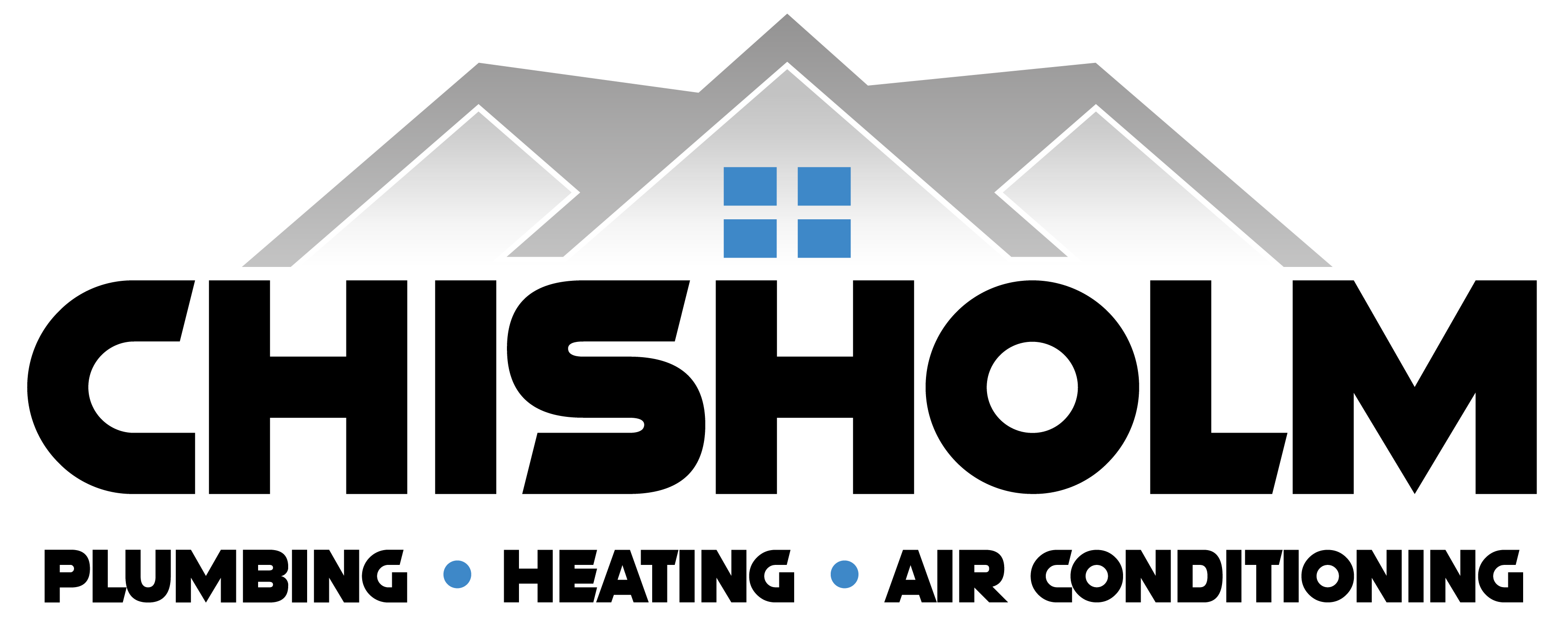Your HVAC system is the unsung hero of home comfort—keeping you warm through chilly Greenville winters and cool through humid Upstate summers. But like any hardworking appliance, it won’t last forever.
The big question many homeowners face is: Should I repair my HVAC system or replace it entirely? The right answer depends on several factors, from age and repair history to energy costs and comfort levels.
At Chisholm Plumbing, Heating & Air Conditioning, we’ve been helping Greenville and Greer homeowners make this decision for decades. Here’s our guide to knowing when a repair makes sense—and when replacement is the smarter move.
Signs Your HVAC May Just Need Repairs
Sometimes, your system just needs a little TLC from a qualified technician. Here are scenarios where repair might be all you need:
1. Minor Performance Issues
If your system is still relatively young and you’ve noticed minor issues—like a clogged filter, dirty coils, or a faulty thermostat—these are often quick, affordable fixes.
2. System is Less Than 10 Years Old
Modern HVAC systems are built to last about 15–20 years with proper maintenance. If yours is under 10 years old and has been reliable up to this point, a repair is usually the better investment.
3. Isolated Component Failure
Sometimes, a single part fails without affecting the rest of the system. For example:
- A blown capacitor.
- A worn-out blower motor.
- A refrigerant leak that can be repaired and recharged.
If the repair is minor and your system is otherwise in good shape, replacement can wait.
Signs It’s Time to Replace Your HVAC System
While repairs can extend your system’s life, there comes a point when replacing it makes more sense—both financially and for your comfort.
1. Your System is 15+ Years Old
Most HVAC systems start losing efficiency and reliability after 15 years, even with regular maintenance. If yours is nearing this age, replacement is often the safer bet to avoid costly emergency breakdowns.
2. Frequent Breakdowns
If you’ve called for HVAC repairs multiple times in the past two years, your system may be on its last legs. Those repair costs can quickly add up—and they don’t guarantee another part won’t fail soon.
3. Rising Energy Bills
Older HVAC units tend to lose efficiency over time, forcing them to work harder and use more energy to maintain comfortable temperatures. If your energy bills are creeping up despite no change in usage, your system could be the culprit.
4. Uneven Heating or Cooling
Hot and cold spots in your home may signal that your system can’t keep up anymore. While duct issues can sometimes be the cause, aging systems often struggle to maintain even comfort.
5. Outdated Refrigerant (R-22 Phaseout)
If your system uses R-22 refrigerant, repairs will become increasingly expensive and impractical. Since production of R-22 has been phased out, replacement is usually the most cost-effective option.
Cost Comparison: Repair vs. Replace
One simple rule of thumb:
If a repair costs more than 50% of the price of a new system, replacement is usually the smarter investment—especially for systems more than 10 years old.
Example:
- Estimated repair: $3,000
- Cost of new, high-efficiency system: $6,000–$8,000
In this case, the repair is close enough in price to a replacement that upgrading makes better financial sense.
When comparing costs, don’t just look at the immediate repair bill. Consider:
- Energy savings with a high-efficiency system.
- Reduced maintenance costs over the next decade.
- Increased comfort and quieter operation.
Energy Efficiency & Comfort Benefits of Replacement
Upgrading to a modern HVAC system isn’t just about avoiding breakdowns—it’s about improving your home’s comfort and efficiency.
Benefits include:
- Lower energy bills: Newer systems meet higher efficiency standards, using less power to heat and cool your home.
- Improved air quality: Advanced filtration and humidity control help keep your air cleaner and healthier.
- Smart thermostat compatibility: Seamless integration for better control and energy savings.
- Quieter operation: Newer units run more quietly, so your comfort doesn’t come with extra noise.
In many cases, these benefits start paying off from day one—especially during Greenville’s hot, humid summers or those unexpected winter cold snaps.
Chisholm’s Process: Honest Advice, Expert Service
At Chisholm Plumbing, Heating & Air Conditioning, we know that replacing an HVAC system is a big decision. That’s why we take the time to walk you through your options with no pushy sales tactics.
Our process includes:
- Comprehensive inspection: We evaluate your system’s age, condition, and efficiency.
- Clear recommendations: You’ll know exactly whether a repair or replacement is the most cost-effective choice.
- Customized solutions: We match you with the right system for your home size, comfort preferences, and budget.
- Professional installation: Our licensed technicians ensure everything is installed to code for peak performance.
- Ongoing maintenance: We help you protect your investment and keep your new system running like new.
We’ve been serving Greenville, Greer, and the surrounding Upstate for over 50 years combined, earning trust through honesty, technical skill, and customer-first service.
Conclusion: Don’t Wait for a Total Breakdown
If your HVAC system is acting up, the decision to repair or replace shouldn’t be left until you’re sweating in July or shivering in January. By weighing your system’s age, repair history, energy costs, and comfort level now, you can make a smart choice that saves you money and stress in the long run.
Whether you need a quick repair or a full replacement, Chisholm Plumbing, Heating & Air Conditioning is here to keep your home comfortable year-round.
📞 Call us today or schedule your appointment online for expert HVAC repair and replacement in Greenville, Greer, and across the Upstate.
